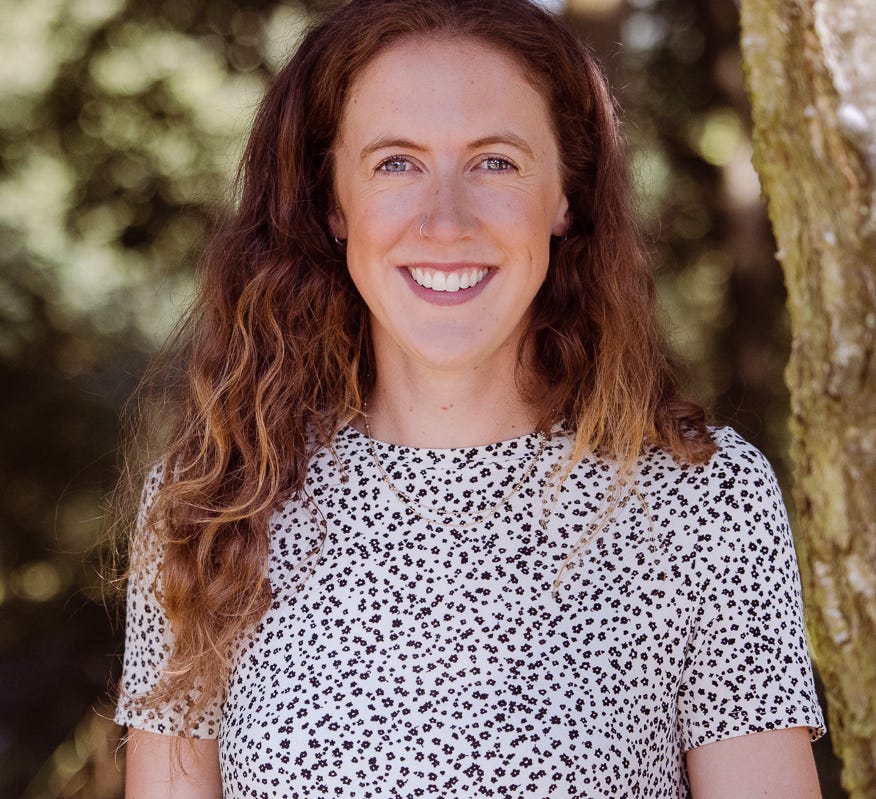Why playbooks won't build the next big thing
Embracing messy, unstructured, deep thinking
There’s a strange duality in tech. We celebrate visionary, first-principles thinkers like Steve Jobs and Brian Chesky —founders who break the mould and redefine categories. Yet, at the same time, we’re obsessed with playbooks and frameworks. Lenny’s Newsletter, which distils best practices, has nearly a million subscribers. Every week, a new template or “ultimate guide” makes the rounds on Twitter and in Slack channels.
Whilst the debate rages on about whether 1:1s are useful or useless, we’re missing out on the real learning we should take from Brian Chesky which is that deep, original thinking is what matters.
The inspiration to take from founders and companies you admire is how they got to those answers. Was it because they read it somewhere and therefore it was true? Or was it because they made the time and space to think deeply about what they believed?
Why playbooks won’t save you
I subscribe to Lenny’s newsletter, and the quality of the content is incredible. We are so lucky to work in an industry that is open and willing to share.
But that knowledge should be inspiration and research—not a substitute for the messiness of original thinking, problem-solving, and conviction-building.
I’ve been inside some of the companies that have shared their stories in Lenny’s. What you see are polished narratives—problems solved, playbooks that worked. What you don’t see are the debates, the whiteboard frustration, the endless customer conversations, or the moment when leaders admit, “I don’t know, but I’m willing to think deeply about it.”
The best current thinking isn’t coming from companies publishing their playbooks—it’s happening in those quietly building something new.
Why do we reach for frameworks?
I believe we’re all smart, and there’s always a reason we do things. When it comes to frameworks, a lot of it comes down to the safety of a well-trodden path:
Fear of getting it wrong – No one wants to be the person who ignores a proven approach. “If this worked for Stripe, Airbnb, or OpenAI, then it must be the right move.”
A sense of certainty – Startups are chaotic, unpredictable, and messy. Frameworks create the illusion of order and control, offering a reassuring sense of predictability.
Deep thinking can feel uncomfortable - When you’re moving fast, quiet thinking time can seem like a luxury or unproductive. Creativity isn’t linear or checklist-driven.
But while frameworks offer a sense of security, they can also become a crutch -keeping us from doing the harder, more valuable work of thinking for ourselves.
The hard but essential work of thinking for yourself
If you already know what needs deep thinking - whether it’s a conversation with your co-founders or solo whiteboarding - this is your reminder to make the time. Leave that podcast for another day and carve out an hour of quiet.
And if you’re truly starting at a blank page, I often find the best place to get started is by choosing a big, meaty question - something central to your company. It could be a risk you need to confront, an assumption you’ve never questioned, or a challenge that feels unsolvable.
Here are a few to get you started:
What’s a commonly accepted belief in our industry that we should challenge?
If we had to start from scratch today, what would we do differently?
Where are we being reactive instead of proactive?
What customer behaviours do we not yet fully understand?
What’s an unconventional strategy that might work better than the norm?
If our company disappeared tomorrow, what would our customers miss most?
Where do we need to simplify instead of adding complexity?
Creativity and deep thinking get framed as these genius moments where ideas just appear. But more often, they come from commitment - the commitment to ask hard questions, to think deeply, to debate until clarity emerges. It’s about resisting the urge for a quick answer and being willing to sit in the uncertainty and fuzziness of figuring out your own.
I see those fuzzy moments all the time—when a leader sets aside a framework and truly thinks about what their company, customers, or team needs. The answers that come from that process might align with ‘best practices,’ but they’re backed by real conviction. More often, though, the answers are completely different or far more nuanced - and they work. They fit the specific problem in front of you, not someone else’s problem that you only half understand.
Focus on your company first
There’s a pressure to follow, listen and absorb what the best companies are doing. But just like musicians, artists, and writers draw inspiration from their peers while carving out space to develop their own voice, great founders and leaders must do the same.
The key message here is to spend a bit less time worrying about what others are doing and some more time focusing on thinking deeply about the challenges, opportunities and ideas in your own business.
The next high-growth company won’t be shaped by copying what’s already been done. It will be built by those who find time to think critically, debate openly, and embrace the discomfort of staring at a blank page or getting creative with their co-founders or leadership team.
✨ If you’re a founder or executive looking for deeper coaching on strategy, leadership, or personal growth, I’d love to chat. Just reply to this email, and we can explore whether it’s a good fit.
As always, thanks for being here!
Flora






This is so helpful Flora. Playbooks and frameworks can be super helpful, AND we all need a good nudge to take time out for deep thinking, and to trust ourselves and our intuition.